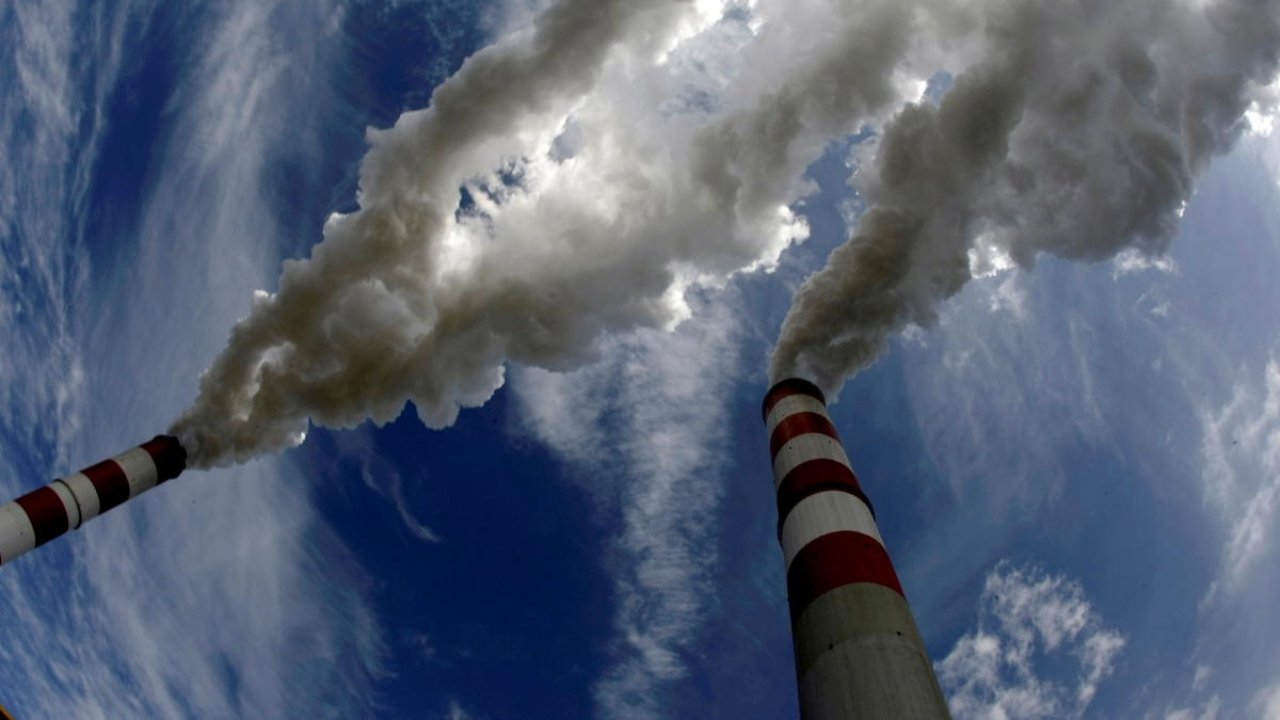
HANOI, May 16, 2023 (BSS/AFP) - Vietnam will not develop new coal power
plants after 2030, according to a long-delayed national power plan published
Tuesday, although the blueprint drew criticism that the transition to
renewables is too slow.
The Southeast Asian country committed to reaching net-zero carbon emissions
by 2050 at the COP26 climate summit in 2021.
The $135-billion plan for its energy policy until 2030, mapping how it will
reach those targets, was delayed for more than two years, with more than one
earlier draft pointing to renewed investment in coal.
According to the new plan, known as Power Development Plan 8, "by 2030,
only coal power projects that have already been approved and those under
construction can proceed".
Coal will represent 20 percent of Vietnam's energy mix by the end of the
decade, down from 50 percent currently, the plan says.
Researcher Andri Prasetiyo of Trend Asia said the decision to move forward
with coal power projects until 2030 would "significantly increase the country's
coal power capacity, hindering the development of renewable energy sources".
He said the prioritising of gas as an intermediate step towards renewables
was "disappointing".
Domestic gas will account for 9.9 percent of the country's energy by 2030.
-'Shift to zero-emission fuels'-
The power development plan, approved by Prime Minister Pham Minh Chinh on
Monday, pledges that coal will no longer be used for electricity production by
2050.
There will be a "shift to zero-emission fuels such as biomass, or ammonia",
it says.
However, Prasetiyo said this switch would require substantial funds for
repurposing existing fossil fuel power generation and warned that ammonia was
"not a realistic and viable alternative".
Vietnam has the world's third-largest pipeline of new coal power projects
after India and China.
Wealthy countries approved a deal in December, known as the Just Energy
Transition Partnership, to provide Vietnam with $15.5 billion to help it
transition away from coal faster.
The power development plan also outlines a target for 50 percent of office
and residential buildings to use self-produced solar power by 2030.
Vietnam ranked in the top 10 globally for solar energy capacity in 2021 but
its success has since hit a roadblock.
Infrastructure limitations mean transmission lines cannot handle supply
spikes, forcing a limit on how much power operators can feed into the grid.
Vietnam aims for solar to represent 8.5 percent of its energy mix by 2030.
The communist country presently relies mostly on coal and hydropower for
its energy.
Its national electricity provider releases statements every summer asking
their clients to reduce electricity consumption to reduce strain on the power
system.